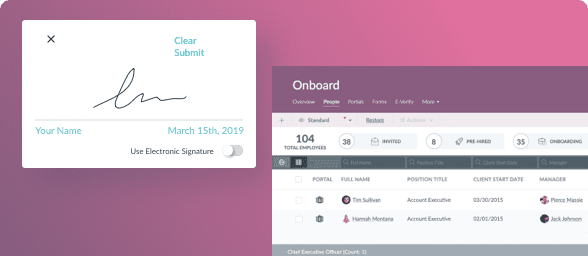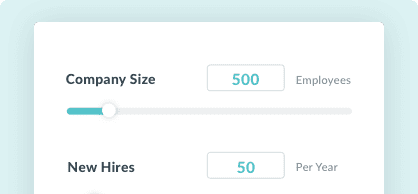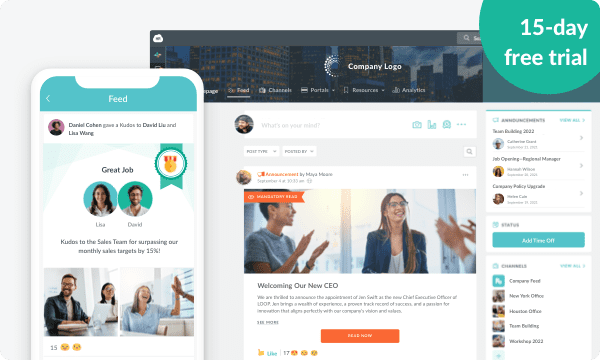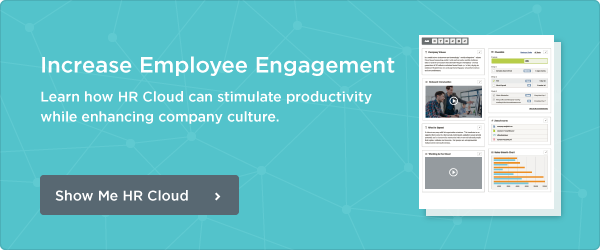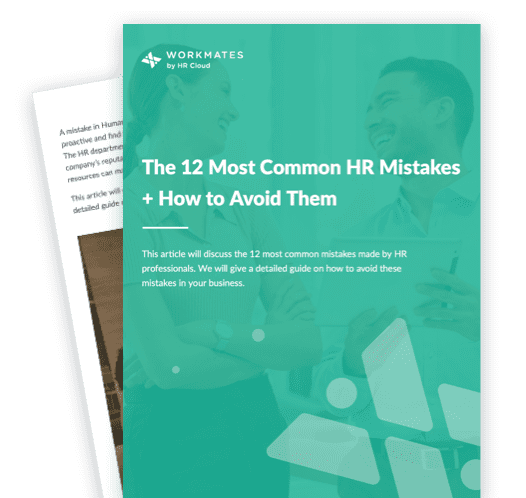How to Respond to Tough Culture Questions from a Job Candidate


 Try
Out
Our
Try
Out
OurEmployee Engagement Software For Free
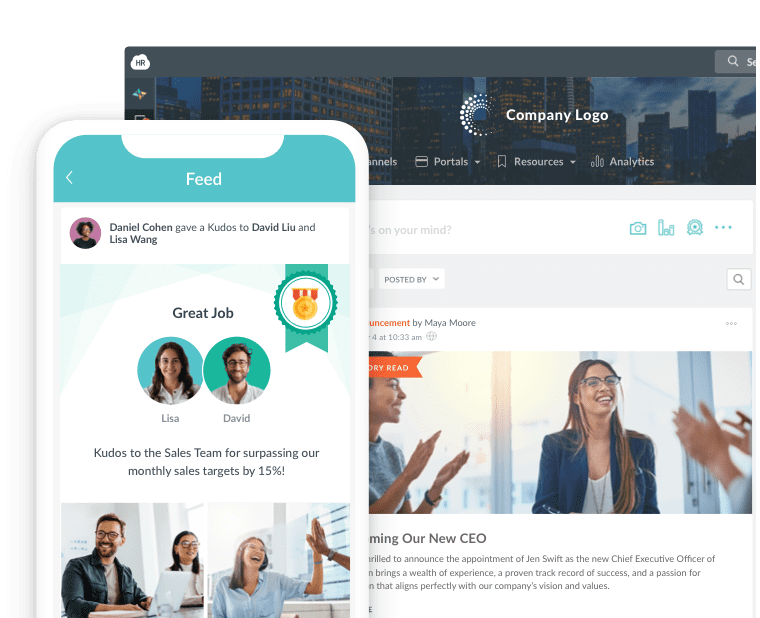
It’s a funny thing really. We share our corporate culture through slick marketing and branding efforts. However, it’s a very different thing to be sitting across from a candidate, fielding culture questions during the interview process.
You’re on the spot and need to respond in the best way possible. As simple as it is to adjust a tweet or edit a Facebook post to provide context and information, it’s more challenging to answer those questions in real time. But, with the right planning and preparation, you’ll be more suited to share vision, values and beliefs with your next round of candidates.
Let’s get started with some of the basics. I’ve grabbed a few of the following questions from a recent Forbes article and provided potential responses that you can begin using now.
What qualities do your leaders or aspiring leaders have in common?
The candidate is curious about what your leaders are like and how they interact with others. Your responses should always provide an example, relating the statement to an action. So for example, you might say, “our leaders reflect the organization’s mission and values. They strive to be forward-thinking, honest, inspiring and thought-provoking. These qualities are actively demonstrated through their leadership and help to create the same type of working environment...” and then relate that statement to an example of a recent event or meeting where those qualities were noted.
Do you provide the opportunity for stretch assignments for your team members? What types of projects are they? How are they assigned?
The way your teams perform is directly reflected in the amount of training and development employees receive. Your candidate knows this. Respond with examples of employees starting out in one department, working on a specific project and then relocating to a different department or office to gain further expertise. This demonstrates the organization’s desire to build capabilities and expand employee skill sets. Whether you toss your name into a hat to work on the next project or you regularly discuss goal setting and next steps in the career process, share the stories that give the clearest picture.
Tell me about how your team and how the company recognize and celebrate successes—individual, group or company-wide.
This is your opportunity to share the story of employee recognition. It’s refreshing to hear real-life, current examples of what people are doing and how you celebrate their achievements. Consider the following example provided by Jennifer Payne, Manager of Talent Acquisition and Development for Tops (a grocery retailer):
“Recognizing and celebrating success is a critical part of our culture at Tops, and it's accomplished in a variety of different ways. From a broader, more company-wide perspective, there is the financial reward for achievement of overall company goals as well as store specific goals through our bonus/incentive program for salaried store management and salaried corporate associates. But money isn't the only way, and shouldn't be the only way to recognize and reward success. A large portion of our annual business meeting is dedicated to an awards ceremony in which we recognize individuals as well as store teams for achievement of various goals...ranging from fundraising and sales goals to inventory targets...to safety and customer service, as well as prestigious awards like Store Manager of the Year and President's Club.”
If it’s not all roses....
Just in case you’ve got a skeleton or two in the closet (and who doesn’t?), Mike Wolford, Sourcing Manager at Hudson RPO, suggests the following:
“I think one should be honest without giving it all away. There is a fine line with sharing, but I believe you can still lead with the positive. For example, a well-known financial institution was regularly referred to as a “sweat shop” with long hours. However, it was apparent that the reputation didn’t always match the reality. This institution won numerous awards for ‘best place to work’ and ‘top organization for working mothers.’ My approach was to focus on the awards and be as transparent as possible without hurting the company’s reputation.”
If you’re in doubt, share information about perks or benefits that will help outweigh the less-than-stellar candidate perception. Don’t lie. Otherwise, you’ll have a bigger problem down the road.
Prepare Now
Ensuring the proper culture fit is most important when considering your next hire. Not only are you trying to determine if the candidate is ready to join your team, you want to know if they feel the same way about you. The end result? If you hire employees who fit your culture, your teams will operate more smoothly. They will have a stronger sense of cultural identity. And it will increase your ability to innovate. Take the time to prepare now for tomorrow’s interview.
Keep Reading
Benefits of Having a Company Intranet
Company intranets have been a part of corporate life since the mid-'90s. But in the last
Top 8 Workvivo Alternatives for 2024
Meta recently announced that it is shutting down its employee communications tool
